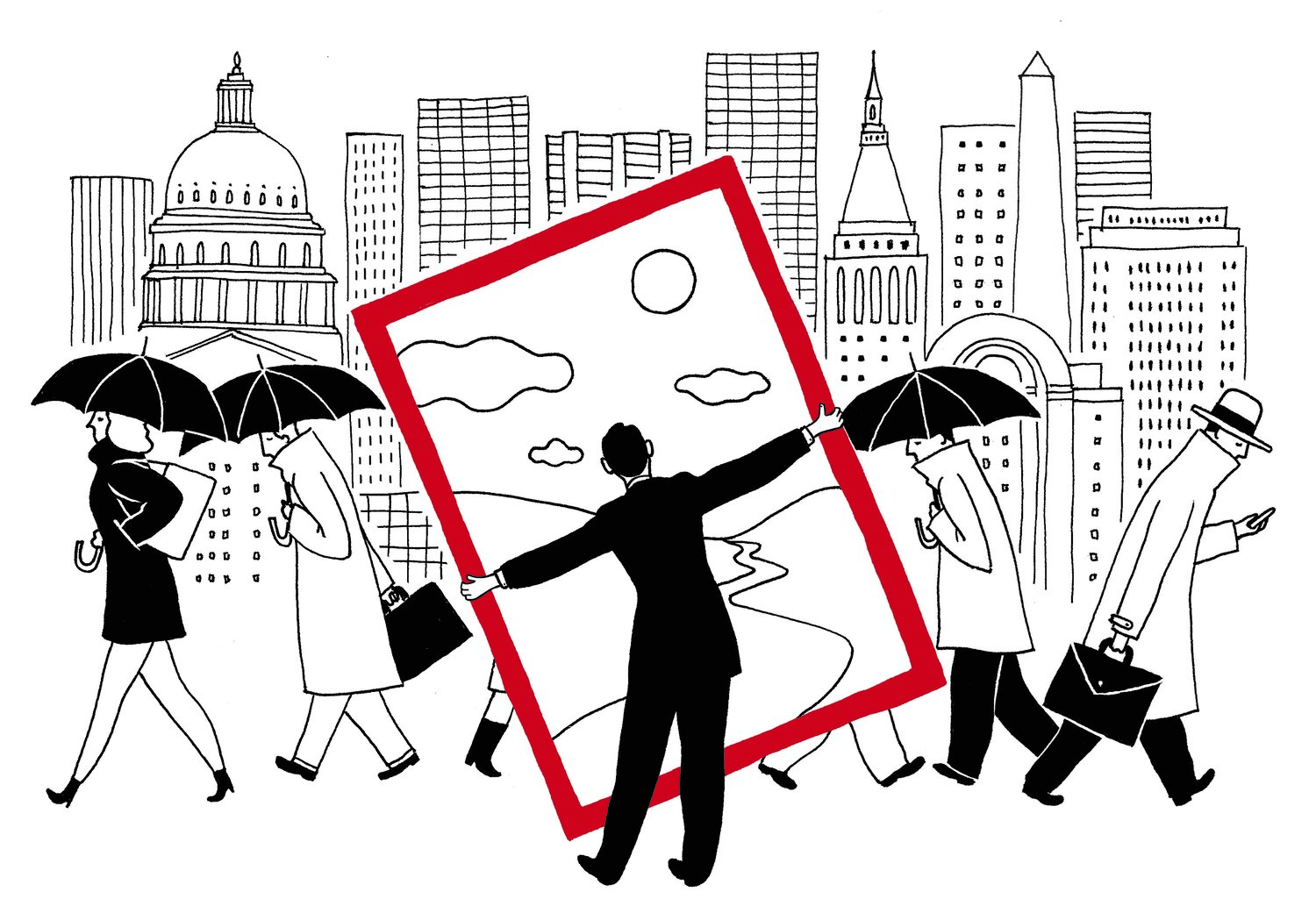'It's a skill to deploy your time at non-productive things'
As readers may (or may not!) have noticed, it’s been a few months since you’ve heard from me. The reasons for that lull in publishing will be clear in the next week or two when I’ll be sharing some news that I’m really excited about.
In the meantime, I’m passing along an interesting comment by Yale Law School professor Daniel Markovits, author of The Meritocracy Trap, from his recent interview with Vox’s Ezra Klein. As Markovits tells Klein:
“A lot of people are working all these hours at tasks that, if you'd asked them when they were 20, ‘Is this what you think you love?’ the answer would've been ‘No.’ … It’s not just an addiction. It’s a skill to know how to deploy your time successfully at any activity. You have to learn how to deploy your time successfully at work because it’s easy to spend a lot of hours at work spinning your wheels and not finish things, not move ahead. Elites have trained themselves to do that, to be successful in their effortful-ness at work. But it’s also a skill to deploy your time successfully at non-productive things. To know how to have a hobby. To know how to have a drawn-out Sunday afternoon casually with family or friends. It’s not just that elites are addicted to the work. It’s that they don't have the skill at the other thing.”
This comment—the last few lines in particular—has really stuck with me. Since leaving Capitol Hill and moving with Erin to the UK a little more than two years ago, I’ve been thinking a lot about the broad and amorphous concept of “work-life balance.” I’ve increasingly become aware of just how compelled I feel to spend every waking moment in one of three ways: working, worrying about finding more time to work, or feeling guilty for not working enough.
Two constituencies heavily represented on this email list—people who work in politics, and millennials—can surely speak to this. It’s hard not to be working all the time in the world of politics because in that world, the news is your job, and the news doesn’t clock out or log off at 5:00 pm. Millennials, meanwhile, have grown up in a world obsessed with striving for what’s next—what’s the next task, meeting, obligation, goal, achievement? We’ve been trained to use every spare moment productively; downtime is an opportunity to process emails or catch up on this something or cross that something off the to-do list. (Take a look at Anne Helen Petersen’s January essay in BuzzFeed for a powerful take on “how millennials became the burnout generation.”)
It’s worth listening to the whole Klein-Markovits interview in full—not least for their discussion of how busyness and what The Atlantic’s Derek Thompson calls “workism” are afflictions mainly of professional “elites,” as Markovits puts it. As he notes, it’s not just that we’re addicted to busyness, though I suspect many of us are. (I certainly am.) It’s that we’ve lost the ability to use our time in ways that we—or our striving-obsessed culture—don’t deem “productive.” In our quest to maximize personal and professional productivity, we’ve forgotten what all this producing is supposed to be for. (On a related note—shameless plug alert!—I wrote about America’s “seemingly unbeatable addiction to the illusion of meritocracy” in a Medium column earlier this year.)
Stay tuned for a lot more on these topics in the weeks to come.
Until then… check out my new website: www.adaml.blog. Going forward, you can expect more short, blog-esque updates like this, in addition to the usual political commentary from time to time.
As always, thanks for reading!
